John Bond Cross
A Confederate Sergent's Story
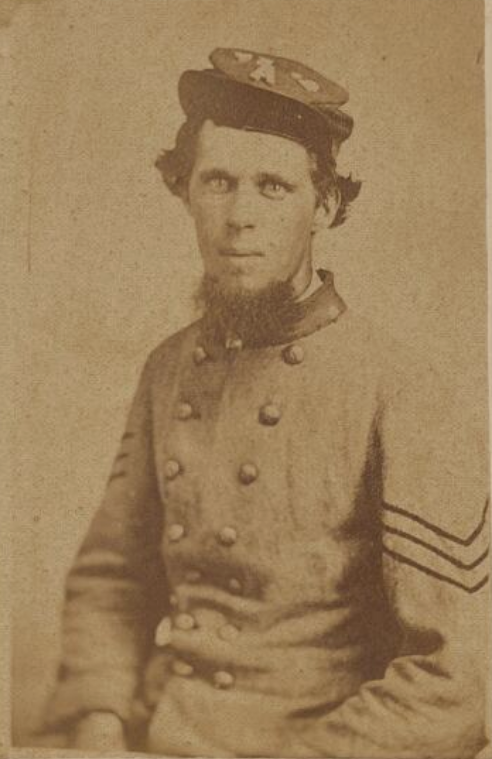
John Cross served in the 14th Tennessee Infantry during the Civil War. He lived in Stewart County, Tennessee; later in nearby Houston County. He enlisted, when he was 25, at Camp Duncan, Tennessee, on May 17, 1861, entering as a Private and later being promoted to Sergeant. He married Lucy Ann Claxton after the war, raised a large family, died at his home place on Guices Creek, and is buried in Dowdy Cemetery, Houston County, Tennessee.
At Fredericksburg he was shot in the foot and lost toes; at Chancellorsville he was shot in the thigh and suffered a fracture near the hip. Despite these wounds he returned to duty and served until the surrender at Appomattox Court House.
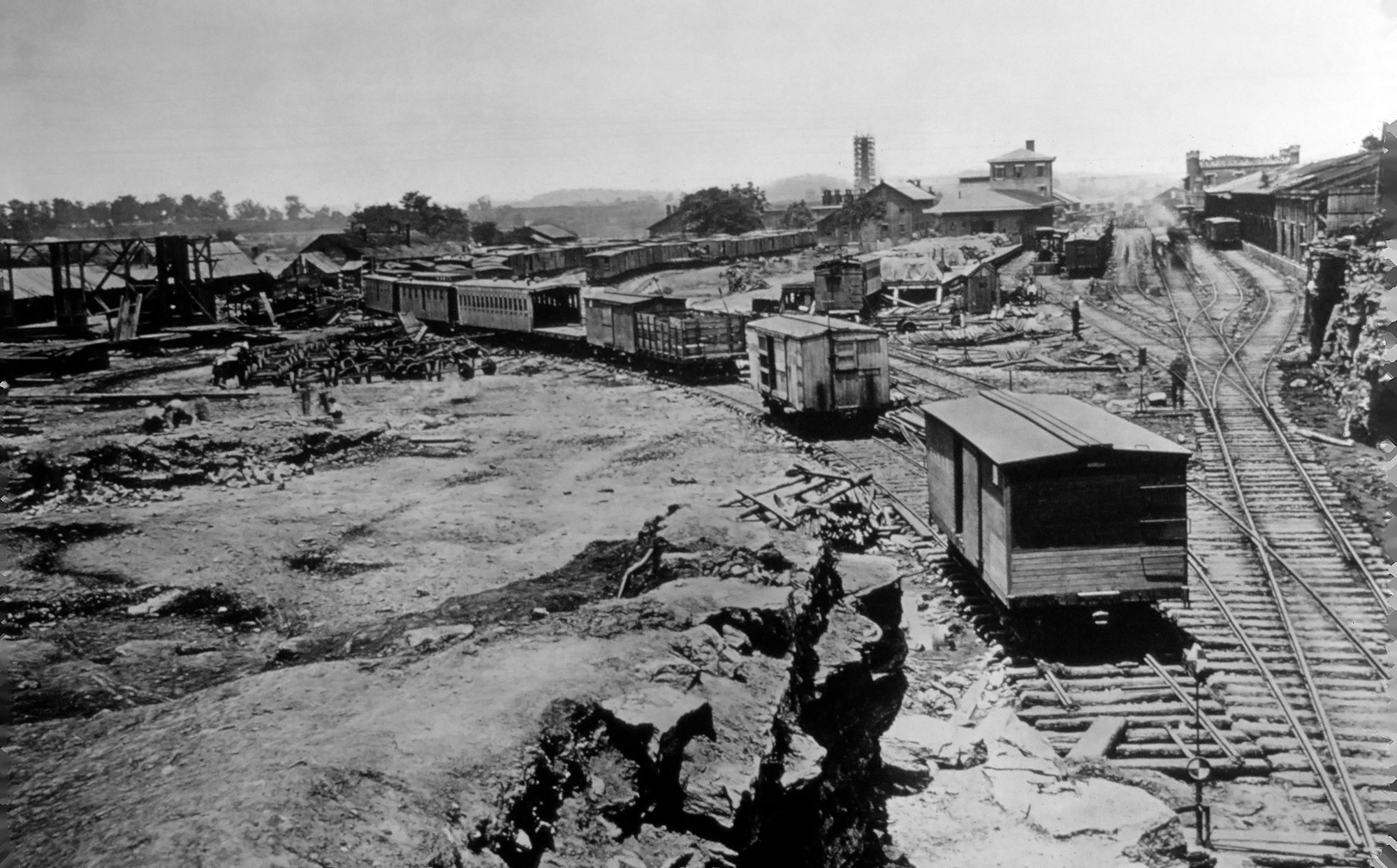
On July 12, 1861, the regiment left Clarksville for Nashville, bivouacking at the fairgrounds. The next morning they departed for Chattanooga, transferred to open cars, and rode to Knoxville on an unseasonably cold night. In a blinding rain they boarded cars for Haynesville; the cold, wet trip damaged the health of many. They were then assigned to guard the railroad from Knoxville into Virginia.
The regiment moved from Knoxville to Lynchburg, Virginia, and on to Manassas Junction. After First Manassas they were ordered to Staunton and assigned to the Army of Northern Virginia, then proceeded to Valley Mountain. On a hot August day the men climbed without adequate water; many collapsed from heat and exhaustion, then fainted again after drinking too quickly.
Camp life was not all hardship. Horseplay, gambling, card games, music, and dancing relieved the tedium. When no women were available, men tied a handkerchief around the wrist to designate the “female” dance partner.
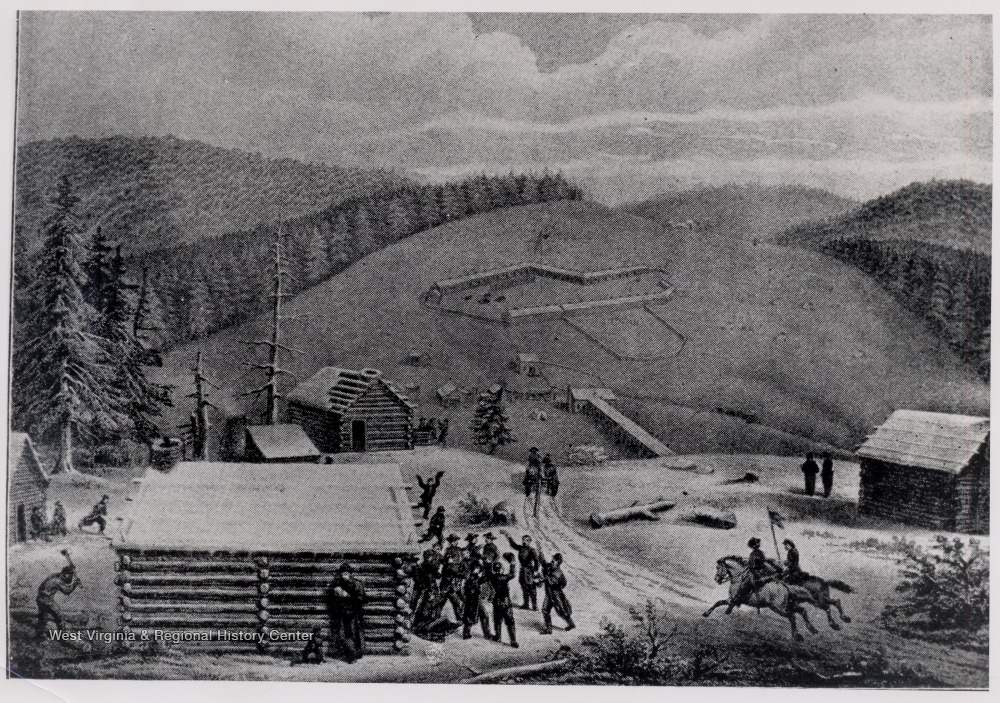
After Cheat Mountain (September 1861), the 14th Tennessee participated in:
- Bath Expedition (January 4, 1862)
- Yorktown Siege (April–May 1862)
- Eltham’s Landing (May 7, 1862)
- Seven Pines (May 31–June 1, 1862)
- Seven Days Battles (June 25–July 1, 1862)
- Cedar Mountain (August 9, 1862)
- Second Bull Run / Second Manassas (August 28–30, 1862)
- Harpers Ferry (September 12–15, 1862)
- Antietam (September 17, 1862)
- Shepherdstown Ford (September 20, 1862)
- Gettysburg (July 1–3, 1863)
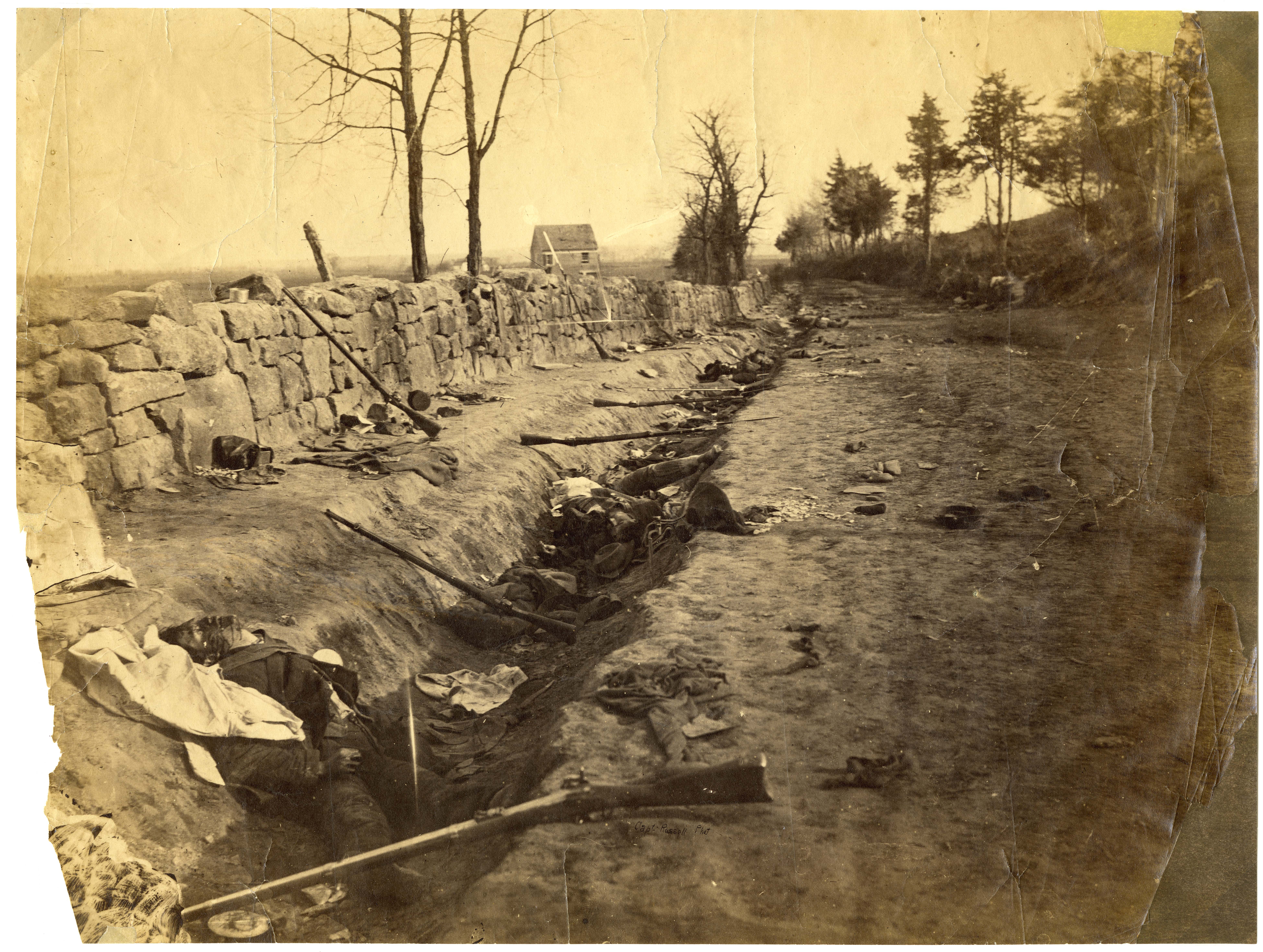
On December 13 (Battle of Fredericksburg), John Cross was shot in the right foot, losing two toes. He was treated at Wayside Hospital No. 9 and then at Chimborazo Hospital in Richmond. He returned to duty in early 1863. In his Tennessee pension application he wrote, “I was wounded in the heat of battle at Fredericksburg,” noting he rejoined his regiment early rather than remain in hospital.
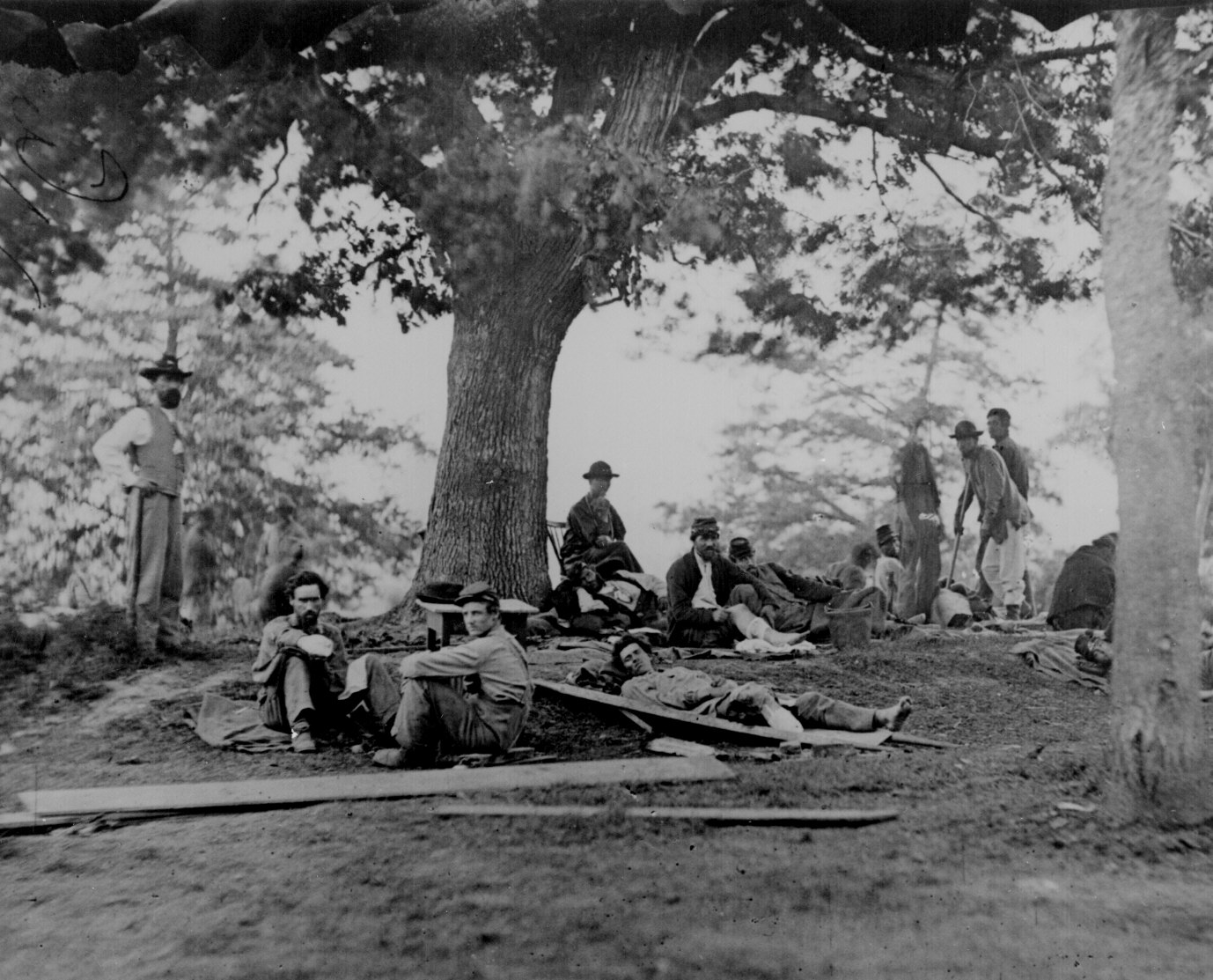
He received clothing at Camp Winder and arrived May 3, 1863, in time for the Battle of Chancellorsville, where he was again wounded. Treated at a Wayside & Receiving Hospital, he was sent to Chimborazo Hospital No. 1 for a leg wound.
John described this wound: “I was shot in the thigh about halfway between my knee and hip, and the ball ranged up and out under my hip bone, which gave me much pain.” He returned to duty September 2, 1863, having missed Gettysburg (July 1–3, 1863) and Falling Waters (July 14, 1863) while hospitalized.
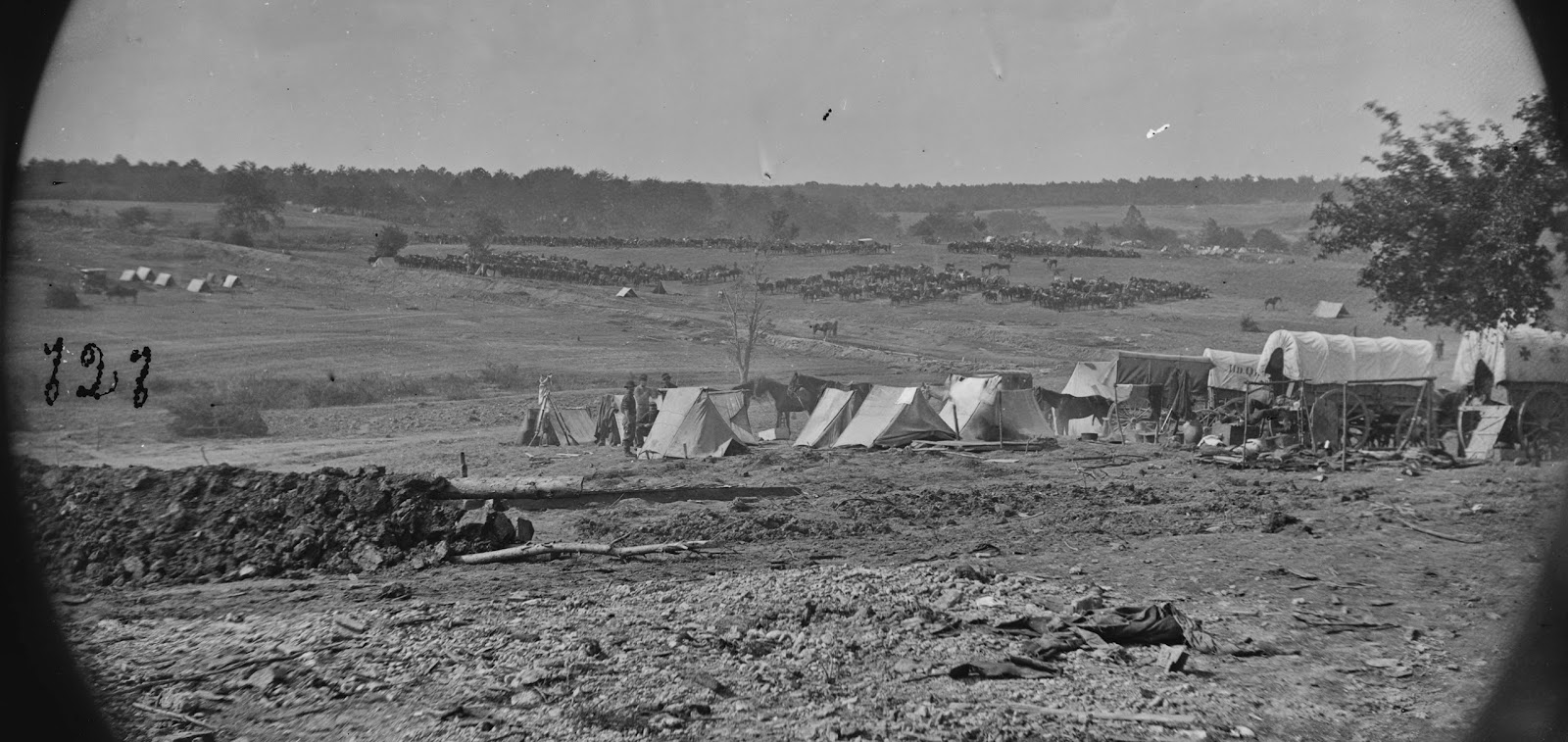
Subsequent engagements:
- Bristoe Campaign (October 1863)
- Mine Run Campaign (November–December 1863)
- The Wilderness (May 5–6, 1864)
- Spotsylvania Court House (May 8–21, 1864)
- North Anna (May 23–26, 1864)
- Cold Harbor (June 1–3, 1864)
- Petersburg Siege (June 1864–April 1865)
- Squirrel Level Road (September 30, 1864)
- Jones’ Farm (September 1864)
- Pegram’s Farm (October 1, 1864)
- Harmon Road (October 2, 1864)

General Robert E. Lee surrendered the Army of Northern Virginia on April 9, 1865, at Appomattox Court House. John Cross and his regiment were paroled and returned to Tennessee.
Two old friends, W. F. Thomas and J. M. Lewis, wrote of Cross: “He was a good and true soldier, who fought from the first of the war to the finish and he has his parole he got at Lee’s surrender. He has been an upright honorable citizen ever since the war and is totally disabled to do any work as his hands shake so he can’t write his name.”
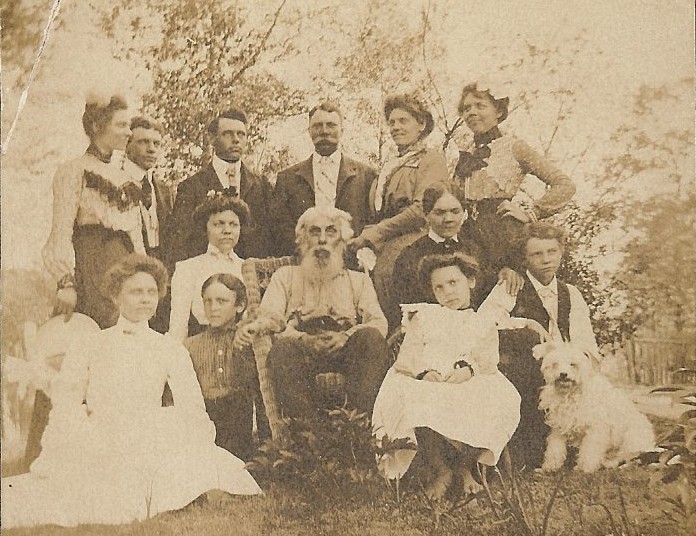
After the war John lived in Stewart and Houston Counties, Tennessee. He and Lucy Ann Claxton raised twelve children. His occupations included mining iron ore, blacksmithing, and farming. He died July 4, 1906, on his farm in Houston County, Tennessee.
In 1906 Dr. Glasgow wrote for Cross’s pension application: “I find him suffering from nervous tremble, known as palsy, caused from the wound he got in the hip and thigh. I have been his physician for 10–12 years and have noticed this tremble increasing all the time. He is unable to do manual labor at all. While he can walk some, he can’t use his hands. They are continually shaking all the time. He is disabled from any work and will continue to get worse.”
(Source: Tommy Allen, great-grandson of John Bond Cross.)
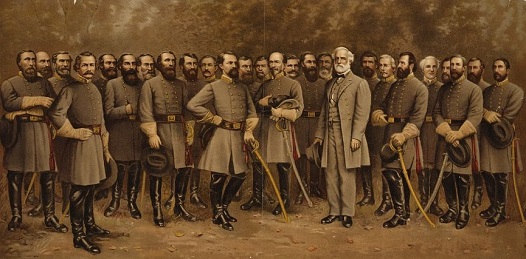
General Robert E. Lee’s Final Speech (April 9, 1865)
“After four years of arduous service, marked by unsurpassed courage and fortitude, the Army of Northern Virginia has been compelled to yield to overwhelming numbers and resources.
I need not tell the survivors of so many hard-fought battles who have remained steadfast to the last that I have consented to this result from no distrust of them; but feeling that valor and devotion could accomplish nothing that could compensate for the loss that would have attended the continuance of the contest, I determined to avoid the useless sacrifice of those whose past services have endeared them to their countrymen. By the terms of the agreement, officers and men can return to their homes and remain until exchanged.
You may take with you the satisfaction that proceeds from the consciousness of duty faithfully performed, and I earnestly pray that a merciful God will extend to you His blessing and protection.
With an unceasing admiration of your constancy and devotion to your country, and a grateful remembrance of your kind and generous consideration of myself, I bid you all an affectionate farewell.”


